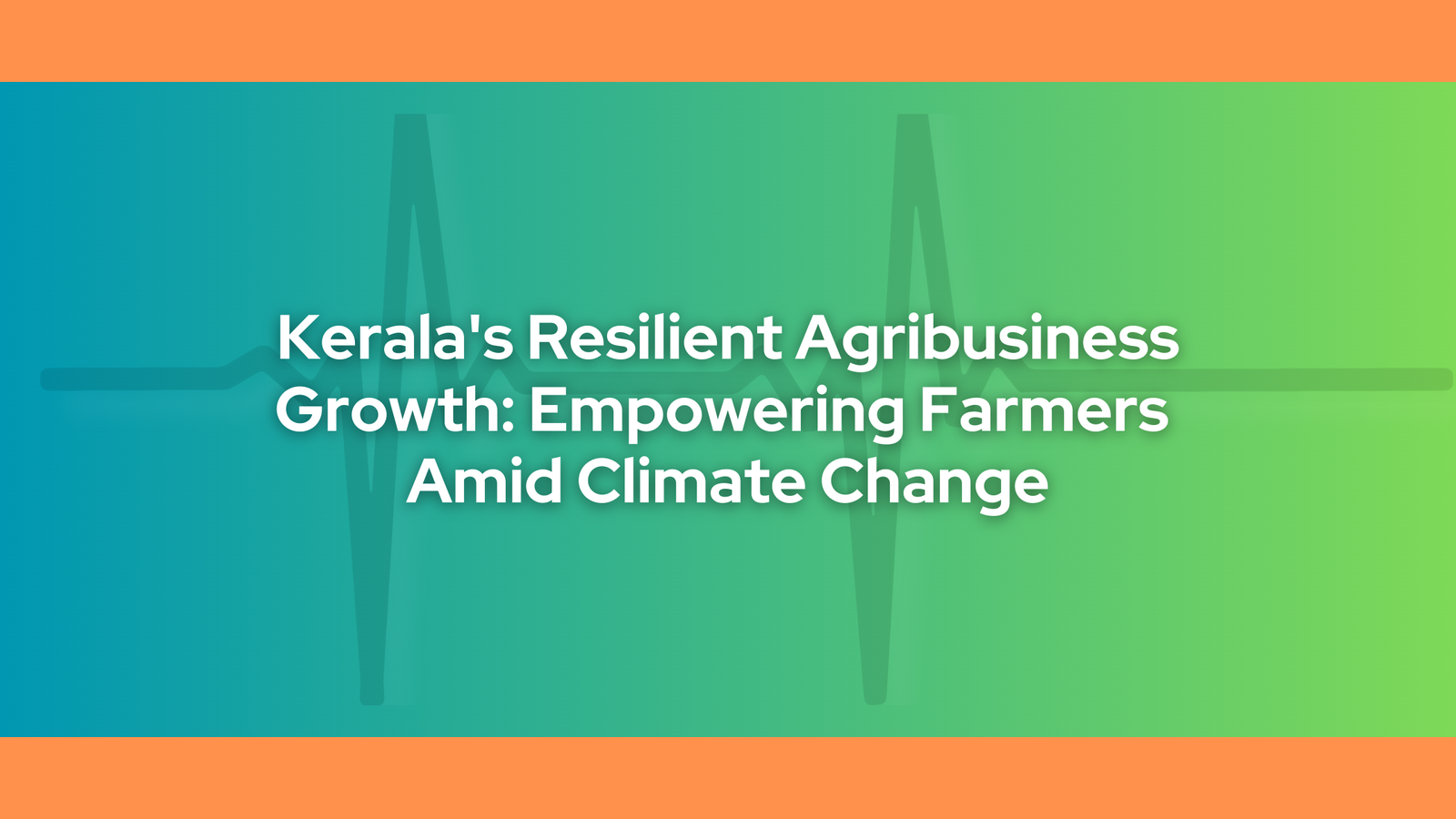
While Kerala is known as a top supplier of spices like vanilla, nutmeg, and cardamom, the Indian state also faces many severe weather disasters threatening its agricultural system’s stability. Unpredictable rainfall patterns in the state cause catastrophic flooding and droughts, interrupting crop cycles and undermining farmers’ livelihoods. With these challenges, the World Bank approved a program promoting Kerala’s resilient agribusiness growth.
The $200 million Kerala Climate Resilient Agri-Value Chain Modernization (KERA) Project will make the state’s agriculture industry more resilient to climate change. This new program will help farmers adjust to climate change while encouraging agribusiness owners to market value-added products. At least $9 million in commercial financing will be leveraged, particularly for women-owned or led agrifood small and medium-sized businesses (SMEs).
With a grace period of six years, the $200 million loan from the International Bank of Reconstruction and Development has an ultimate maturity of 23.5 years.

About 20% of India’s total agrifood exports come from Kerala. But climate change is challenging these accomplishments. Natural calamities like floods and forest fires affected farmer households, as well as difficulties reaching larger markets. In July 2024, the state experienced 15 centimeters (5.91 inches) of rain in 24 hours, according to an Associated Press report. The report stated that it was 10% harsher due to climate change. This resulted in landslides that killed almost 200 people, and 130 persons are missing.
Based on the same World Weather Attribution study, climate change brought on by humans was making these intense rains worse. According to the group, more emissions of gases that warm the globe will cause intense downpours to occur more frequently, which could result in such catastrophes.
Aside from heavy precipitation, there is also the problem of drought and rising temperatures in India. Based on the emissions trajectory for the twenty-first century, the average temperature in India is expected to increase by 1.1°C to 4.1°C by the end of the century, compared to the baseline of 1986–2005.

KERA will implement climate-smart methods that will be more accessible to almost 400,000 farmers. These methods include replanting the climate-resilient variants of produce such as rubber, cardamom, and coffee. It will also support the extension of Kerala’s “food parks” to rural regions. To assist agribusinesses in food processing and value-added production, these parks will include the necessary utilities, including waste management, electricity, and water.
To help farmers and SMEs, the initiative intends to connect agricultural value chains and increase private sector investment, according to Auguste Tano Kouamé, the World Bank’s Country Director for India. “Moreover, it will support agri-based SMEs—especially women who currently own only 23 percent of MSMEs in the state—to gain access to commercial finance by providing training for business plans and to strengthen their commercial viability.”
Beyond supporting Kerala’s resilient agribusiness growth, the initiative also seeks to establish fruitful partnerships between agribusinesses and farmer organizations. With the public sector acting as a facilitator, the alliances will strengthen the ties between producers and consumers. It will also foster agri-tech companies.
Task Team Leaders for the project, Chris Jackson, Azeb Mekonnen, and Amadou Dem, said that this project will lower greenhouse gas emissions while boosting the production of major food crops like rice. “The increase in productivity and strengthening of agricultural value chains will help maintain the competitiveness of Kerala’s agricultural sector and will help create jobs and increase incomes.”